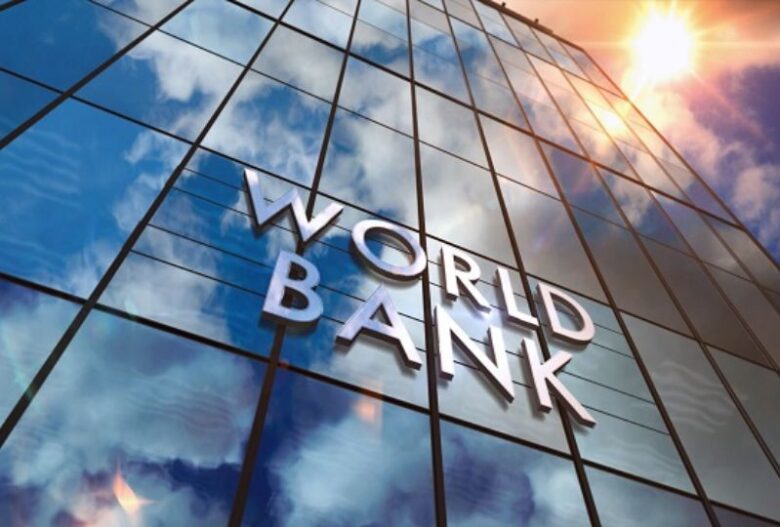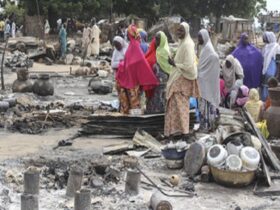The Nigerian government has obtained $751.88m out of the recently approved $1.5bn loan by the World Bank.
According to a document from the global financial institution seen on Wednesday, the loan under the Nigeria Reforms for Economic Stabilisation to Enable Transformation, Development Policy Financing Programme project was disbursed on June 28, 2024.
This loan project is part of the broader $2.25bn approved by the World Bank for Nigeria on June 13, 2024, aimed at bolstering Nigeria’s economic stability and supporting its vulnerable populations.
The $1.5bn loan comprises two separate agreements between Nigeria and the World Bank: An International Development Association credit of $750m, and an International Bank for Reconstruction and Development loan of $750m.
The amount disbursed includes the entire $750m from the IDA loan and $1.88m from the IBRD of the World Bank, with an undisbursed balance of $748.13m.
It also includes fee charges of $1.88m.
The proposed DPF for Nigeria consists of a standalone operation with two tranches designed to support significant reforms aligned with the government’s economic stabilisation and recovery priorities.
This operation is structured around four key results distributed across two pillars: increasing fiscal oil revenues from 1.8 per cent of Gross Domestic Product in 2022 to 2.7 per cent by 2025, boosting non-oil fiscal revenues from 5.3 per cent to 7.3 per cent over the same period, expanding social safety nets to assist 67 million vulnerable Nigerians, and raising the import value of previously banned products from $11.3m to $54.6m by 2025.
The Federal Ministry of Finance is responsible for implementing these reforms under the oversight of the World Bank, in collaboration with other key national stakeholders such as the Central Bank of Nigeria and the Ministry of Humanitarian Affairs and Poverty Alleviation, to monitor and assess the progress and impact of these reforms.
The World Bank will provide supervision and support throughout the implementation process to ensure the operation’s goals are efficiently and effectively met.
According to the financing agreement documents for the loan, Nigeria is expected to meet certain conditions to access the entire funds.
The World Bank has outlined specific actions under this loan project, including a presidential executive order mandating fiscal transfers to the Federal Government to be executed at the prevailing market exchange rate, submission of a draft bill to the National Assembly to increase the VAT rate to at least 12.5 per cent by 2026, and a revised bill mandating the use of the national social registry as the primary targeting tool for social investment programmes.
The documents further state, “No withdrawal shall be made of the single withdrawal tranche unless the bank is satisfied, after an exchange of views, with the progress achieved by the borrower in carrying out the programme and the adequacy of the borrower’s macroeconomic policy framework.
“If the bank is not satisfied, it may cancel all or any part of the unwithdrawn loan balance after giving notice to the borrower and allowing a specified period for corrective action.”
Nigeria has made progress in areas such as increasing petrol prices and implementing cash transfer programmes.









Got a Question?
Find us on Socials or Contact us and we’ll get back to you as soon as possible.